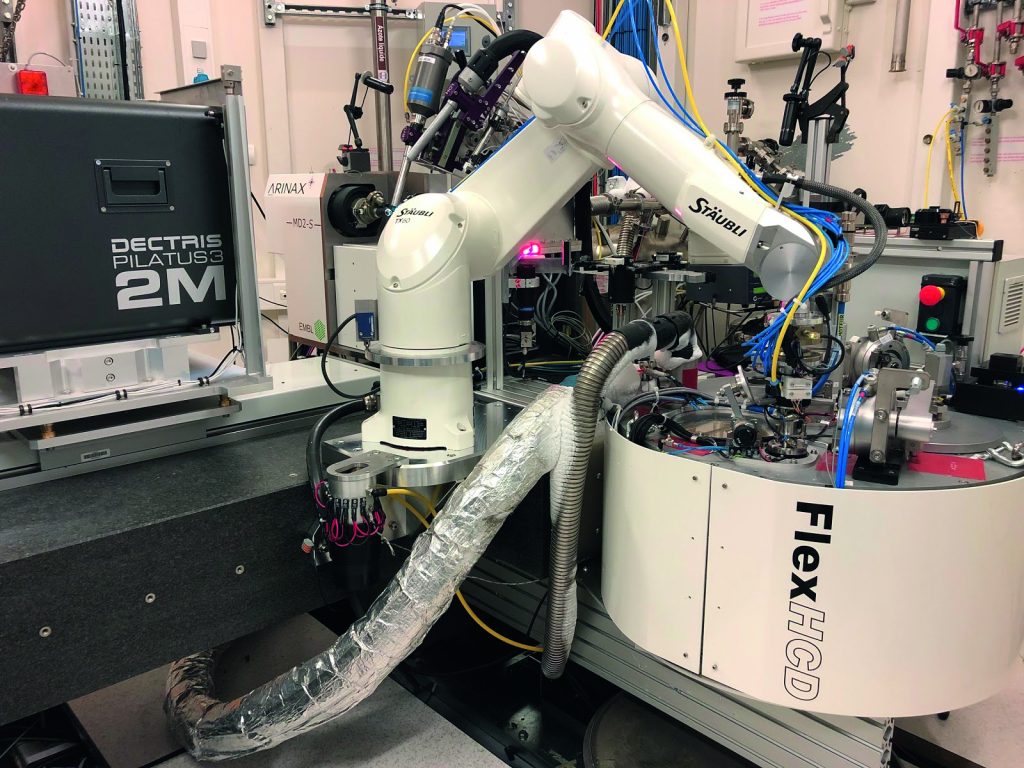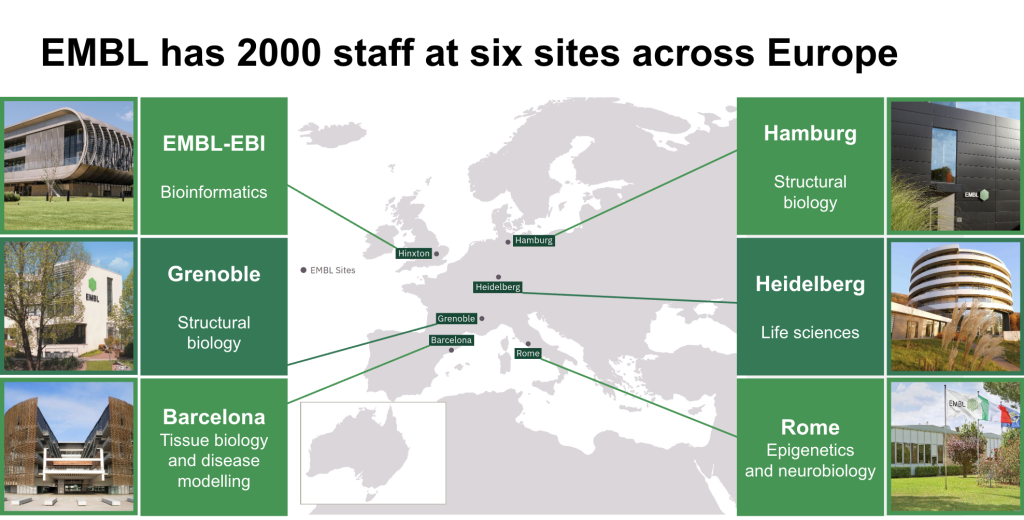ARISE project has received funding from the European Union’s Horizon 2020 research and innovation programme under the Marie Skłodowska-Curie grant agreement No 945405.
Development of technology, techniques and methods, especially of those that can be used by many scientists, is currently one of the most important tasks in life sciences and at EMBL.
Our groups are working on imaging, chemical biology, computational modelling, microfluidics, robotics, X-ray optics, high-precision mechanics, data acquisition, automation, bioinformatics and software development, and integrated structural biology.
The technologies they develop help scientists to further understand topics in genome, structural, developmental and planetary biology, cell and tissue biology, translational research, or drug design.
See on which technology developments ARISE hosting groups are working.

